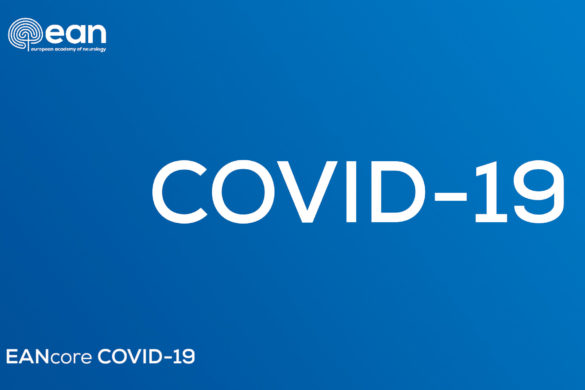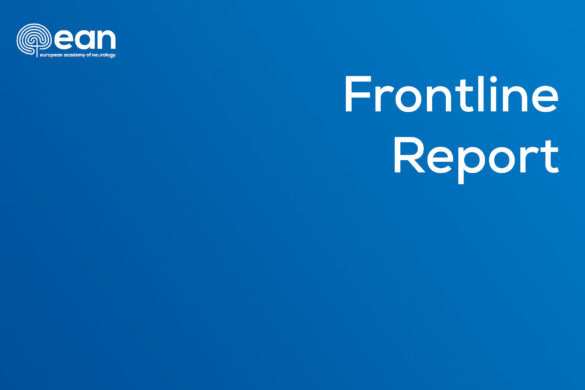No change to the conditions of use of the direct oral anticoagulants Eliquis (apixaban), Pradaxa (dabigatran etexilate) and Xarelto (rivaroxaban) is needed following a review of the results of a European study of real-world data for these medicines.
The study, commissioned by EMA and using real-world data from Denmark, France, Germany, Spain, the Netherlands and the United Kingdom, assessed the risk of serious bleeding with these 3 medicines when used to prevent blood clotting in patients with non-valvular atrial fibrillation (irregular rapid contractions of the heart) and compared this with other oral anticoagulants called vitamin K antagonists.
The results were reviewed by EMA’s human medicines committee (CHMP), in consultation with EMA’s safety committee (PRAC), and were compared with data from other similar studies and in the published literature.
EMA’s review concluded that the pattern of serious bleeding seen in patients taking Eliquis, Pradaxa and Xarelto was similar to that seen in the clinical trials on which the authorisation of the medicines were based. The data were not sufficient to allow robust conclusions to be drawn on comparisons between the 3 medicines.
The study also looked at whether the use of the medicines in clinical practice was in line with the authorised uses and took into account existing contraindications, warnings and advice on interactions with other medicines. EMA concluded that no changes to the product information were warranted, as the data did not provide robust evidence of a high level of non-adherence to the authorised product information.
The study results provided further data on the known increased risk of bleeding in older patients (>75 years). The companies marketing these direct oral anticoagulant medicines will be asked to further explore the issue and to investigate whether changes to the recommended doses could be beneficial for these patients.
For more details including information for patients and healthcare professionals, please click here.













